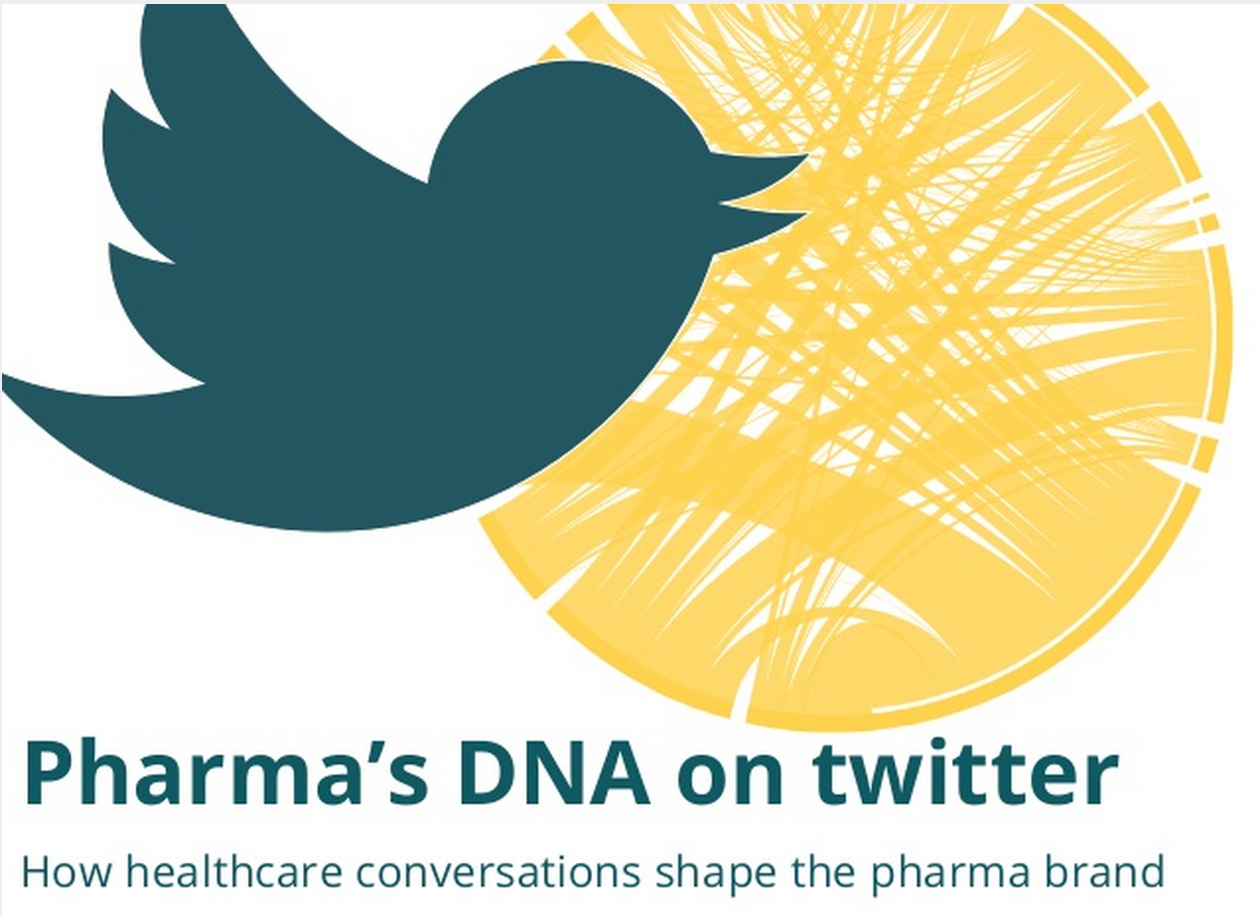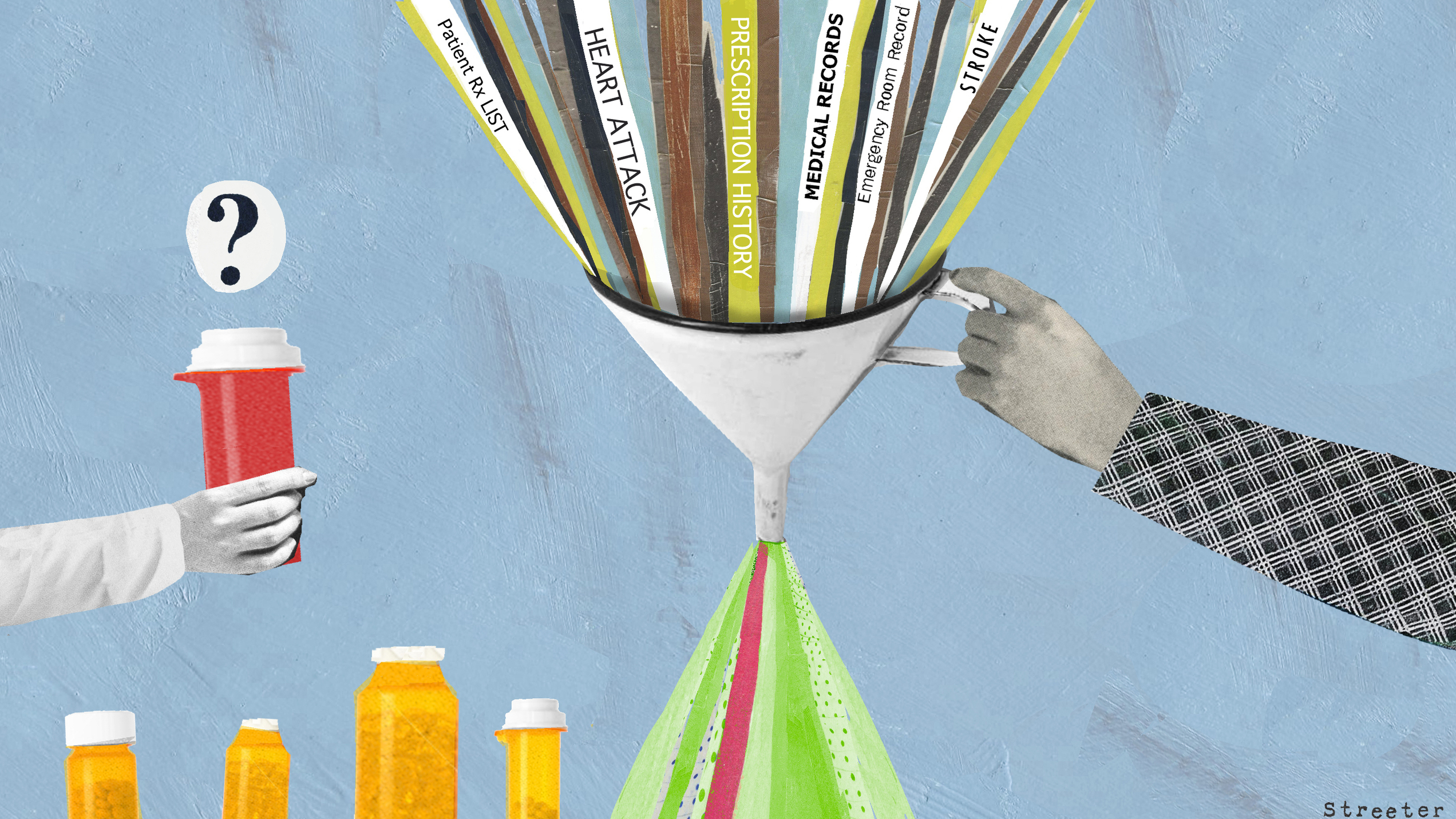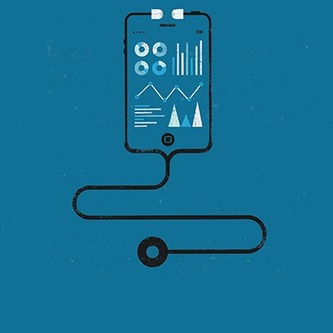It's been tough to identify the problems that only turn up after medicines are on the market. An experimental project is now combing through data to get earlier, more accurate warnings.
No one likes it when a new drug in people's medicine cabinets turns out to have problems — just remember the Vioxx debacle a decade ago, when the painkiller was removed from the market over concerns that it increased the risk of heart attack and stroke.
To do a better job of spotting unforeseen risks and side effects, the Food and Drug Administration is trying something new — and there's a decent chance that it involves your medical records.
It's called Mini-Sentinel, and it's a $116 million government project to actively go out and look for adverse events linked to marketed drugs. This pilot program is able to mine huge databases of medical records for signs that drugs may be linked to problems.
The usual system for monitoring the safety of marketed drugs has real shortcomings. It largely relies on voluntary reports from doctors, pharmacists, and just plain folks who took a drug and got a bad outcome.
"We get about a million reports a year that way," says Janet Woodcock, the director of the FDA's Center for Drug Evaluation and Research. "But those are random. They are whatever people choose to send us."
Source: www.npr.org
After decades as a technological laggard, medicine has entered its data age. Mobile technologies, sensors, genome sequencing, and advances in analytic software now make it possible to capture vast amounts of information about our individual makeup and the environment around us. The sum of this information could transform medicine, turning a field aimed at treating the average patient into one that’s customized to each person while shifting more control and responsibility from doctors to patients.
The question is: can big data make health care better?
“There is a lot of data being gathered. That’s not enough,” says Ed Martin, interim director of the Information Services Unit at the University of California San Francisco School of Medicine. “It’s really about coming up with applications that make data actionable.”
The business opportunity in making sense of that data—potentially $300 billion to $450 billion a year, according to consultants McKinsey & Company—is driving well-established companies like Apple, Qualcomm, and IBM to invest in technologies from data-capturing smartphone apps to billion-dollar analytical systems. It’s feeding the rising enthusiasm for startups as well.
Venture capital firms like Greylock Partners and Kleiner Perkins Caufield & Byers, as well as the corporate venture funds of Google, Samsung, Merck, and others, have invested more than $3 billion in health-care information technology since the beginning of 2013—a rapid acceleration from previous years, according to data from Mercom Capital Group.
Source: www.technologyreview.com
New software could give people greater control over how their personal health information is shared between doctors and medical institutions—provided that enough health providers decide to use the system.
Today a patient’s data typically stays within a hospital group or doctor’s practice. If you get care elsewhere you are essentially a blank slate unless a special request for your data is made, in which case the entire record becomes accessible. But many patients may not want their entire medical history to be accessible by everyone they see, so there is pressure to develop tools that can be used to limit access. One tricky issue is that redacting details of a diagnosis may not remove all the clues as to that condition, such as prescribed drugs or lab tests.
A new tool developed by computer scientists at the University of Illinois can figure out which parts of a record may inadvertently reveal aspects of a patient’s medical history. The idea is that as data-sharing proposals advance, the patient would decide what parts of his or her record to keep private. A clinician would get advice from the technology on how to amend the record to ensure that this occurs.
The software bases its recommendations on a machine-learning analysis of many other medical records. This reveals what details could be associated with things like mental health episodes, past drug abuse, or a diagnosis of a sexually transmitted disease when the record is shared with another hospital or doctor. The tool could eventually automatically remove those additional details to keep that information confidential.
Source: www.technologyreview.com






